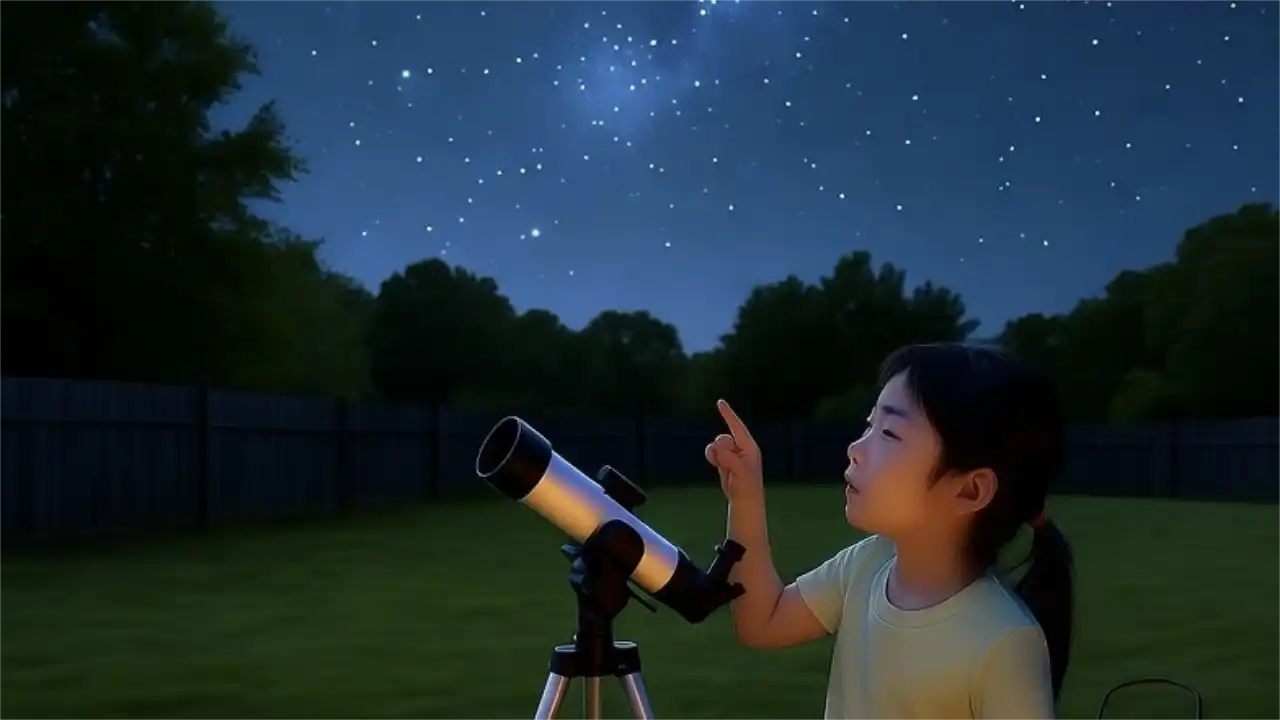
Encouraging Curiosity and Exploration: Ignite Curiosity with Star-Gazing Challenges
A
telescope pointed skyward is more than a tool—it’s an invitation to wonder. When children step outside and gaze at stars, they join a long tradition of curiosity, from Galileo to modern astronomers. These moments help them see beyond screens and daily routines, inviting questions that spark lasting interest: What’s out there? Why do stars move? How do we know what we know? Star-gazing nurtures observation, patience, and big-picture thinking, drawing their attention upward and outward.
One evening, my daughter spotted a glowing cluster and asked, “Is that a star or a planet?” We looked it up together and found it was Jupiter. The next night, she returned with more questions: “What’s a gas giant?” “Can people go there?” She later led a science class discussion on moons, recalling how that spark began in our backyard. Those early skywatching nights shaped her ability to focus, wonder, and share ideas with others.
Bring curiosity to life by setting aside time for stargazing—even just 10 minutes. Let your child take the lead in spotting constellations or charting the moon’s path. Track discoveries in a “sky journal,” noting what they see and wonder about. Invite them to share favorite stars or findings at school or during family meals. These habits help children not only feel awe but also build the habit of methodical attention—tracking changes, checking facts, and sharing ideas. Curiosity becomes not just a feeling but a practice of persistence.
Encouraging Curiosity and Exploration
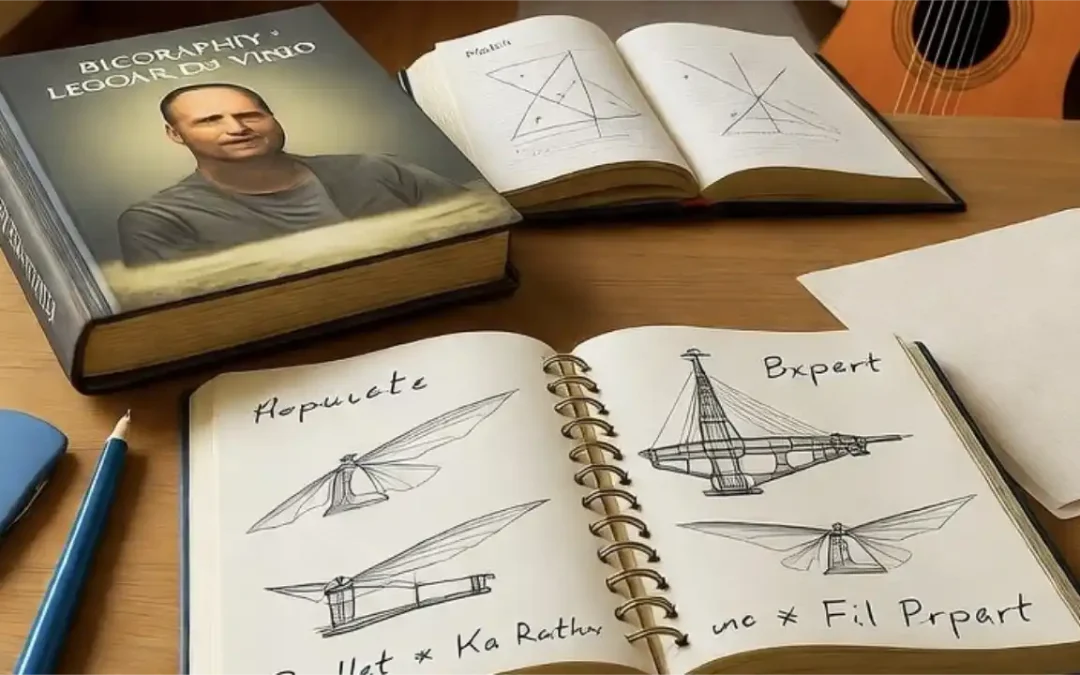
Encouraging Curiosity and Exploration: Pursue Breadth Before Depth
Allow children to explore wide interests before specializing. Broad curiosity builds flexible thinking and strong learning foundations.
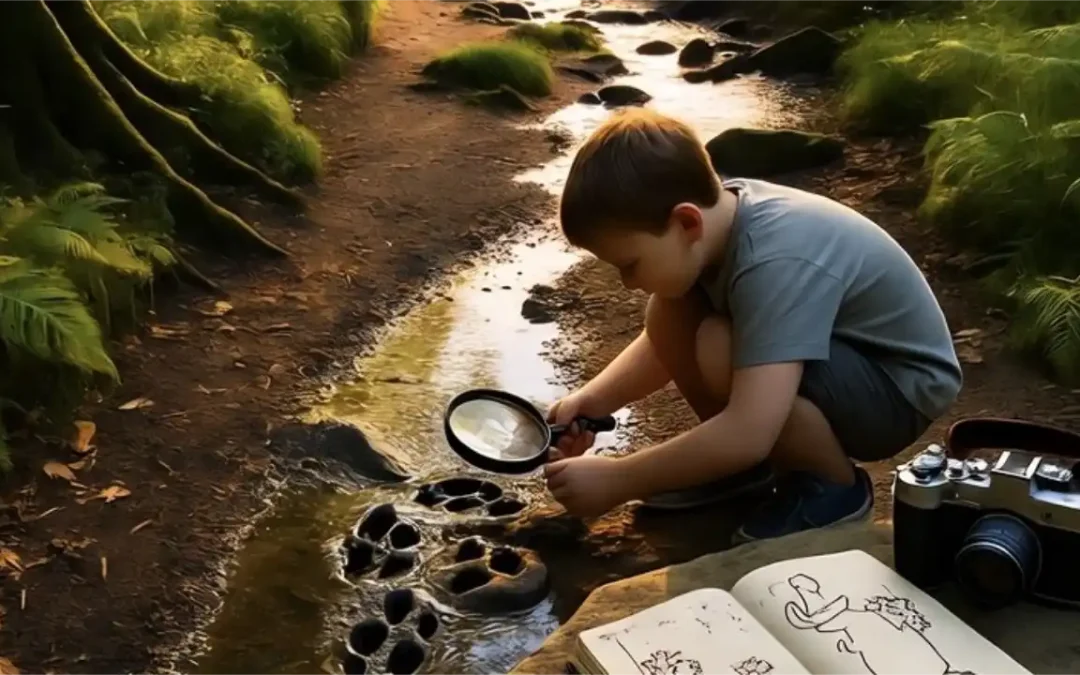
Encouraging Curiosity and Exploration: Explore Nature with Outdoor Discoveries
Outdoor exploration nurtures curiosity and calm. Help children observe nature, build awareness, and feel connected to the living world.

Encouraging Curiosity and Exploration: Spark Big Questions About the World
Encourage children to ask big, thoughtful questions. Curiosity leads to deeper understanding, emotional growth, and wonder.
Table of contents

Primordial Soup for the Mind: Navigation
Navigate the book Primordial Soup for the Mind.
TIPS
- Bet small prizes—snacks keep it lively.
- Ask, “What is that shape?” to start the hunt.
- Keep a journal for their sightings.
- Suggest weekly stargazing sessions.
ACTIVITIES
- Star Race: Name a cluster, point it out, check a map, 15 minutes.
- Moon Log: Track moon phases, guess why they shift, confirm, 10 minutes.
EXAMPLE
My kids’ star bet got us a telescope—now they fight over Jupiter’s moons.

Download “Primordial Soup for the Mind: A Parent’s Guide to Nurturing Intellectual Growth”
Enter your information to get this article and hundreds more as part of the FREE book Primordial Soup for the Mind.
Share your thoughts with the Thought Academy community in the Comments section below.

Sharpen those skills!
Enter your information to get our FREE practice exercises so you can hone your critical thinking and reasoning skills!



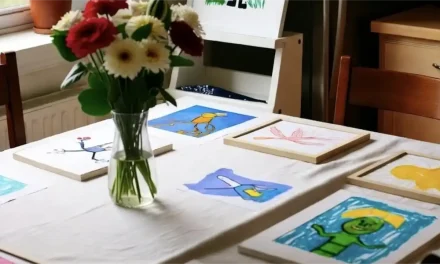
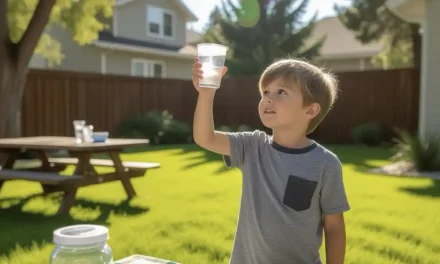


0 Comments